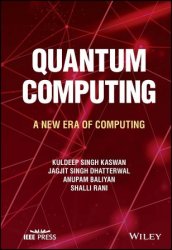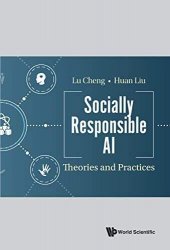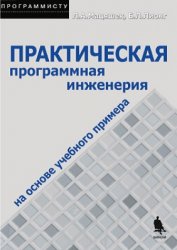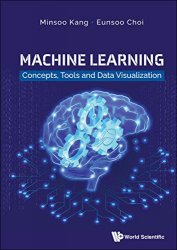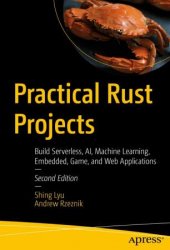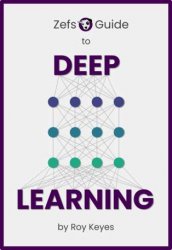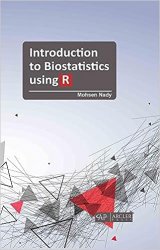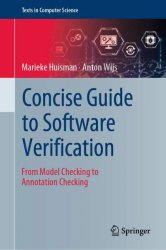- Добавил: literator
- Дата: 26-07-2023, 08:01
- Комментариев: 0
 Название: Coding Academy - 10th Edition, 2023
Название: Coding Academy - 10th Edition, 2023Автор: Jon White (Editor)
Издательство: Future Publishing
Год: 2023
Страниц: 164
Язык: английский
Формат: pdf
Размер: 136.7 MB
Вы держите в своих руках ключи к волшебному миру программирования. В эпоху, когда онлайн пространство господствует над всеми, те, кто способны овладеть этим миром, становятся его правителями. Просто некоторые из самых больших интернет-имен в мире, от создателя Facebook Марка Цукерберга до квартета, который создал Twitter, и основателей Google - Ларри Пейджа и Сергея Брина - они все программисты. Эта книга в основном посвящена Python, однако затрагивает и другие языки программирования, такие как Rust, Swift, Erlang и Go. Приступим к искусству кодирования!


